Surabaya, E Java (Antara) - Honorary Council Secretary of the Constitutional Court (MK) Hikmahanto Juwana said that the next president who would be elected in this year's presidential race must maintain the existence of the Corruption Eradication Commission (KPK). "I agree if KPK's status remains ad hoc but the new president and the House of Representatives (DPR) must maintain its existence until other legal enforcing institutions have the same quality," Hikmahanto said here on Sunday. The new president should improve the quality of other legal enforcing bodies so that they will have competence equal to the KPK's, he said. "The competence of police, prosecutors and judges could be increased through a good recruitment system and training so that they would be respected like KPK's," Hikmahanto said on the sidelines of a seminar at Surabaya University. He said that besides maintaining the existence of the KPK, other legal enforcers like police, prosecutors and judges must also be reinforced. Hikmahanto expressed hope KPK officers would not be tempted with offers of political posts such as presidential candidate nomination. "This is important to prevent the KPK --which has been respected by the public-- from being turned into a political instrument by a certain group," he said. He said that Indonesia should now implement the law correctly. "A wrong policy should be seen as another problem apart from corruption crime. If a policy is linked to the corruption crime, people are reluctant to become public officials. This will pose difficulties to public institutions and the bureaucracy in facing the global competition and in improving the welfare of the people," he said. He said that the policy of a public official had nothing to do with corruption, except if it contained corruption crime elements. "Corruption crime elements have been stipulated in Article 2 and 3 of the Law on Corruption Eradication, such as efforts to enrich oneself, other people and corporations as well as abuse of authorities," he said. So, he said, if a public official's policy is wrong but contained no elements as mentioned above, the matter could not be charged with corruption crime articles but with administrative sanctions. (*)
Berita Terkait

Prabowo reaffirms government support for disaster victims
1 Januari 2026 15:15
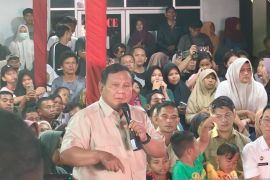
Prabowo urges stronger environmental care as 2026 begins
1 Januari 2026 12:00

Prabowo to spend new year with flood survivors in North Sumatra
31 Desember 2025 22:00
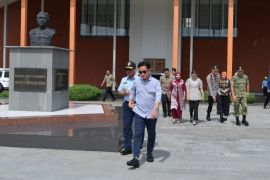
VP Gibran inspects ongoing development of Nusantara capital city
30 Desember 2025 14:23
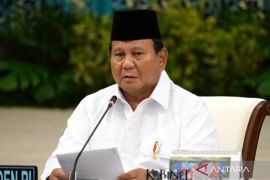
President Prabowo conveys Christmas, New Year greetings
25 Desember 2025 10:06
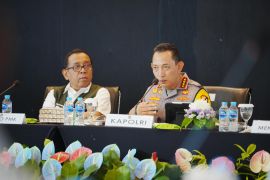
Prabowo orders measures to secure Christmas, New Year activities
22 Desember 2025 17:00
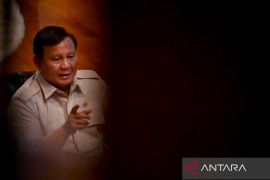
Sumatra floods: Prabowo urges fulfillment of victims' sanitary needs
15 Desember 2025 13:00
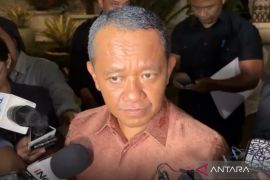
RI Govt to boost 3-kg LPG supply for Christmas, New Year
27 November 2025 11:26

